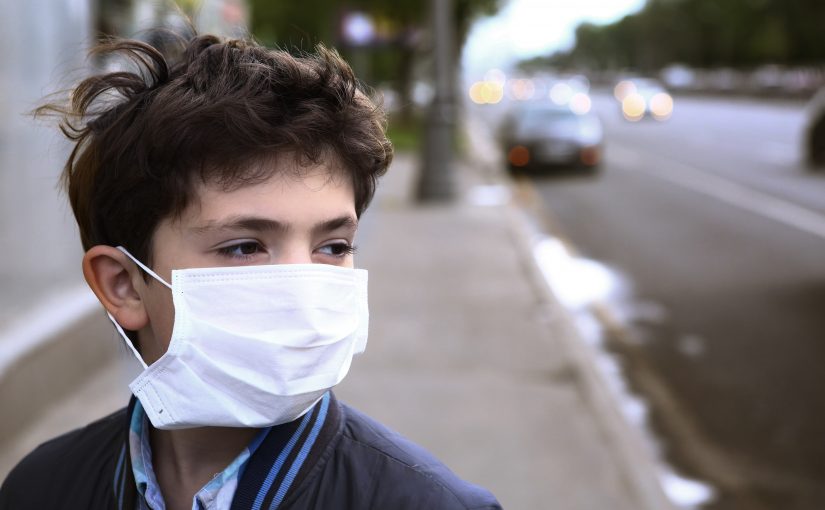Only five years after the World Health Organisation declared measles eradicated in Australia, the disease has re-emerged, with 92 confirmed cases of the condition reported across Australia to April this year.
Measles is a highly contagious airborne disease that can be passed on through coughing and sneezing and can live outside the body for two hours: 90% of people coming into contact with measles are likely to contract it if they are not immunised.
The question of vaccination and immunisation looms large as a public health topic, particularly in light of recent comments by some prominent Australians.
The people who confirm if someone has contracted measles and other infectious diseases are Microbiologists like Dr Petra Derrington.
‘Early symptoms of measles include a cough, sore throat, runny nose, high fever, sore red eyes and tiredness, followed a few days later by a rash,’ said Dr Derrington.
‘While those symptoms may seem mild, 1 in 15 people infected will develop pneumonia, while 1 in 1,000 children will die from it.
‘Nearly 30% of children under 5 need hospital admission for measles. For babies, children, pregnant women and people with weakened immune systems, measles is very serious and potentially fatal.’
There are a number of measles blood tests available that can confirm whether someone has contracted the measles virus.
A measles test involves looking for the presence of the genetic material of the Paramyxoviridae virus in urine, blood or respiratory secretions.
While there is no specific treatment established for measles, a doctor may prescribe post-exposure vaccinations or immune serum globulin that when taken can dampen the symptoms and longevity of measles.
Having a test performed as quickly as possible is important as of course is the measles vaccination.
‘Measles vaccination saves lives. Measles vaccinations resulted in an 80% drop in measles deaths between 2000 and 2017, preventing an estimated 21.1 million deaths,’ said Dr Derrington.
‘Even though this safe and cost-effective vaccine is available, in 2017, there were still 110, 000 measles deaths globally, mostly among children under the age of five.’

